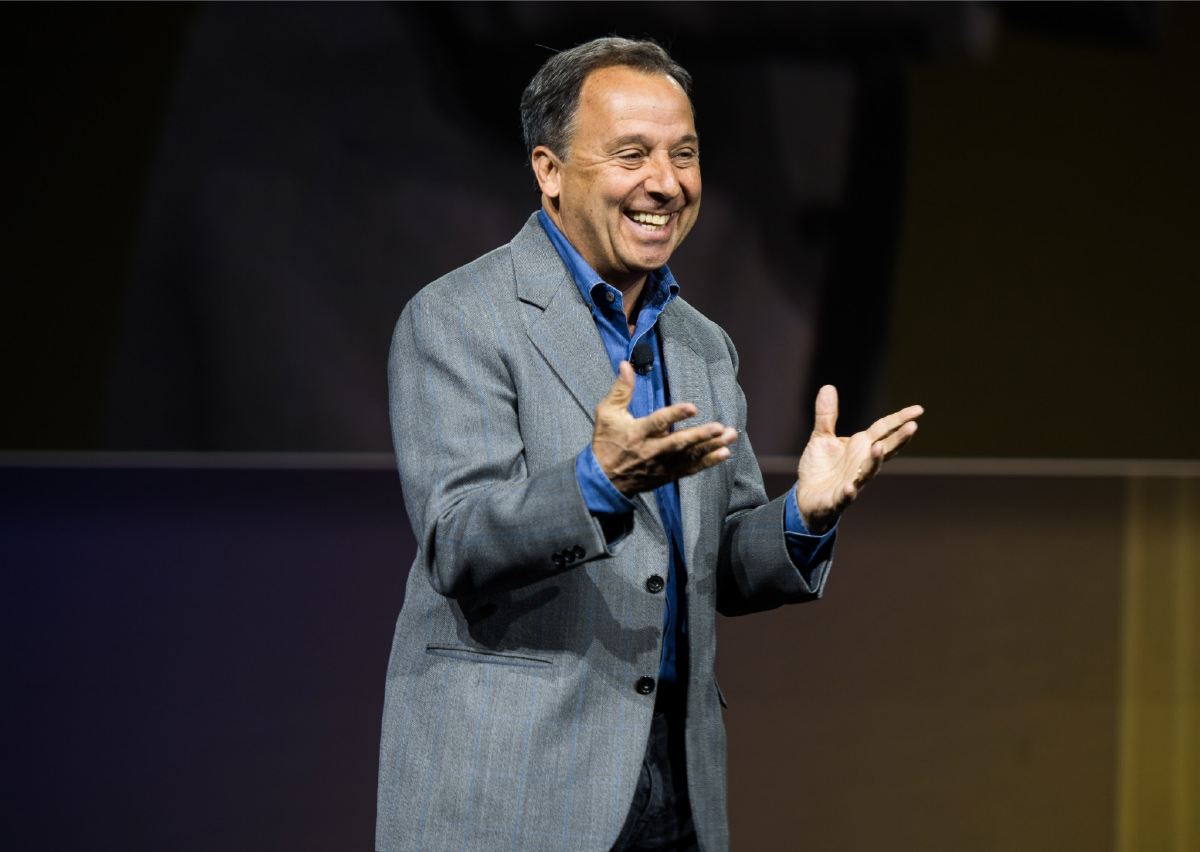As Owen withdrew further into himself, the family noticed the only thing that captured his attention were animated Disney movies. After years of therapy and minimal progress, Owen began communicating again by relating happenings in his own world to similar situations in Disney movies. “He’s using them to decode the world!” Suskind said on stage at AEC.
Over the next four years, the Suskinds led a “double life” in which they would go about their days normally, but their nights consisted of acting out scenes from Disney movies to connect with Owen. Owen’s speech developed enough that he enrolled in a private school for children with learning disabilities — however, after a couple of years, the school informed the Suskinds that it could not educate him. Depressed, Owen threw himself back into Disney movies and became enamored with drawing Disney sidekicks. He deemed himself “the protector of the sidekicks” and explained to his parents, “the sidekick helps the hero fulfill his destiny — without them, nothing happens, in movies or in life.”

Witnessing and being a part of Owen’s learning journey opened up new ways of thinking for Suskind.
“Everything you’re seeing here is just an extreme and powerful version of what happens everywhere in the land of learning and education — passion as pathway,” said Suskind. “We all know this in our life, we all have deep interests. If we can turn those pathways — those interests — into avenues for learning, we own those lessons. That is when we are at our best and that’s when we connect with others.”
Suskind now works with therapists and neuroscientists to spread the idea of passion as pathway, especially in relation to neuro-diverse populations. He founded The Affinity Project, a research and technology group focused on building communication tools for neuro-diverse people.
reporter and author
“I think we’re all really sidekicks — we’re at our best when we help others fulfill their destinies,” he concluded.